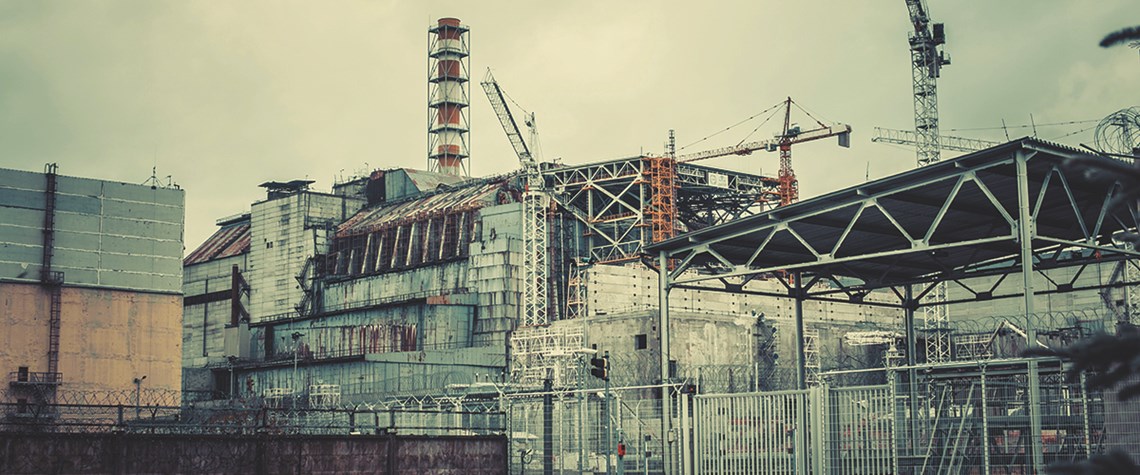Nuclear power in the EU has fallen out of fashion
Nuclear is more prone to popularity peaks and troughs than many other energy sources, and it’s not looking good at the moment
THIRTY years after the Chernobyl disaster, nuclear power is still a core part of European energy generation. But questionable economics, insufficient state support and – in many countries – public hostility are likely to diminish its role in the coming years. Long construction times, safety risks, complex permitting and licensing procedures as well as significant clean-up costs add to the burden for developers. For now, by virtue of historical momentum, nuclear power remains a fundamental element of the European energy mix. It accounts for more than a quarter of the EU’s electricity supply and a higher share of its baseload power capacity. Half of the 28 EU states have nuclear reactors – a c

Also in this section
22 July 2025
Sinopec hosts launch of global sharing platform as Beijing looks to draw on international investors and expertise
22 July 2025
Africa’s most populous nation puts cap-and-trade and voluntary markets at the centre of its emerging strategy to achieve net zero by 2060
17 July 2025
Oil and gas companies will face penalties if they fail to reach the EU’s binding CO₂ injection targets for 2030, but they could also risk building underused and unprofitable CCS infrastructure
9 July 2025
Latin American country plans a cap-and-trade system and supports the scale-up of CCS as it prepares to host COP30








